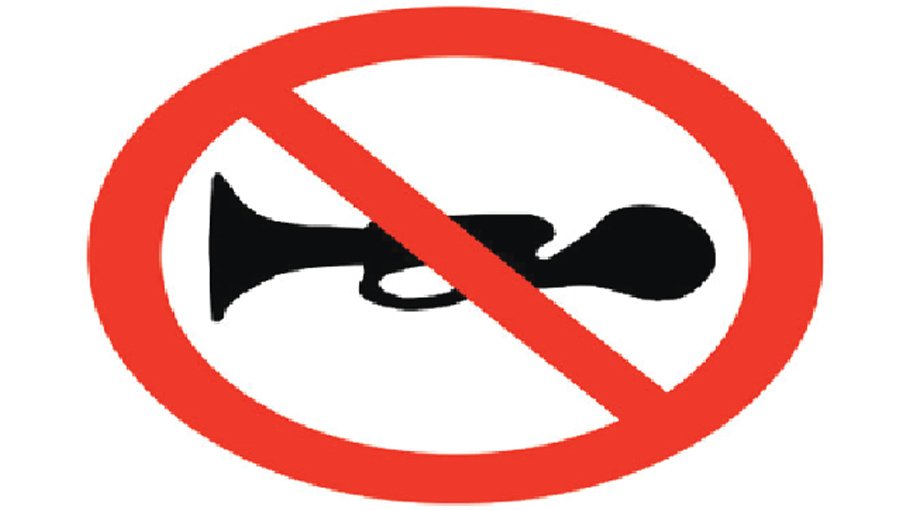Hydraulic horn ban effective from Dec

The use of hydraulic horns in vehicles will be completely banned from December to control noise pollution in the country.
Environment, Forest and Climate Change Minister Md. Shahab Uddin announced the decision at a press conference regarding Bangladesh’s expectations and achievements at the World Climate Conference held at the secretariat on Tuesday.
The minister said, “We are holding meetings in every department. We held meetings with those concerned with noise pollution in Dhaka, such as the drivers association. We are also discussing about students, we are also doing mobile courts.”
He said, “In today’s meeting, we have also decided that at least hydraulic horns should be stopped in Dhaka city by December. Hydraulic horn, which is banned, is not right for our country. Today we have decided that the hydraulic horn will be completely discontinued by December. We hope to be able to stop it with everyone’s cooperation.”
Regarding the banning of polythene, the minister said, “Polythene is banned. We are taking action against those who are producing it. To come out of this we plan to produce ‘Sonali Bag’ from jute. We have given Tk 10 crore in this connection. When we can market it, we hope to stop polythene bags completely.”
Regarding another question the minister replied, “If we had not been able to implement some of the plans, there would not have been a single tilas (mounds) in Bangladesh the way they were being cut in the country. Due to the start of activities from the Ministry of Environment, people have understood to some extent that Tila cutting is not right, it is harmful to the country. Because of that, maybe the Tila is being protected.”
Even though the noise pollution is constantly increasing, it is as if no one is watching. Although there are fines and imprisonment as the punishment for noise pollution, its level is increasing in different areas without paying attention to the rules and regulations.
Experts said that despite the law, noise pollution is not reducing due to lack of proper implementation. People usually speak at 30 decibels to 40 decibels. Human ears can receive sounds up to 70 decibels. Above 80- the loss starts. The biggest victims of noise pollution are patients, children, elderly and traffic members.
Experts said that if the noise level exceeds the standard, it can threaten the physical and mental condition of people.
According to the Noise Pollution (Control) Rules 2006, 55 decibels (a unit of measurement of sound intensity) during the day (6 am to 9 pm) and 45 at night (9 pm to 6 am) in residential areas and 50 during the day and 40 at night in quiet areas, 60 during the day in mixed areas. 50 at night, 70 decibels during the day and 60 at night in commercial areas and 75 decibels during the day and 70 decibels at night in industrial areas. However, where the tolerable level of noise should be 40 decibels to 50 decibels, the average noise level in Dhaka city is 95 decibels due to banned hydraulic horns.
As a result, from children to the elderly, even common people and traffic officers are at health risk. According to the latest UN report, Dhaka is at the top of the world in terms of noise pollution. Rajshahi is in fourth place. According to World Health Organization guidelines, the tolerable level of sound intake for a healthy person is 40 decibels to 50 decibels. However, this level is 119 decibels in Dhaka and 103 decibels in Rajshahi.



